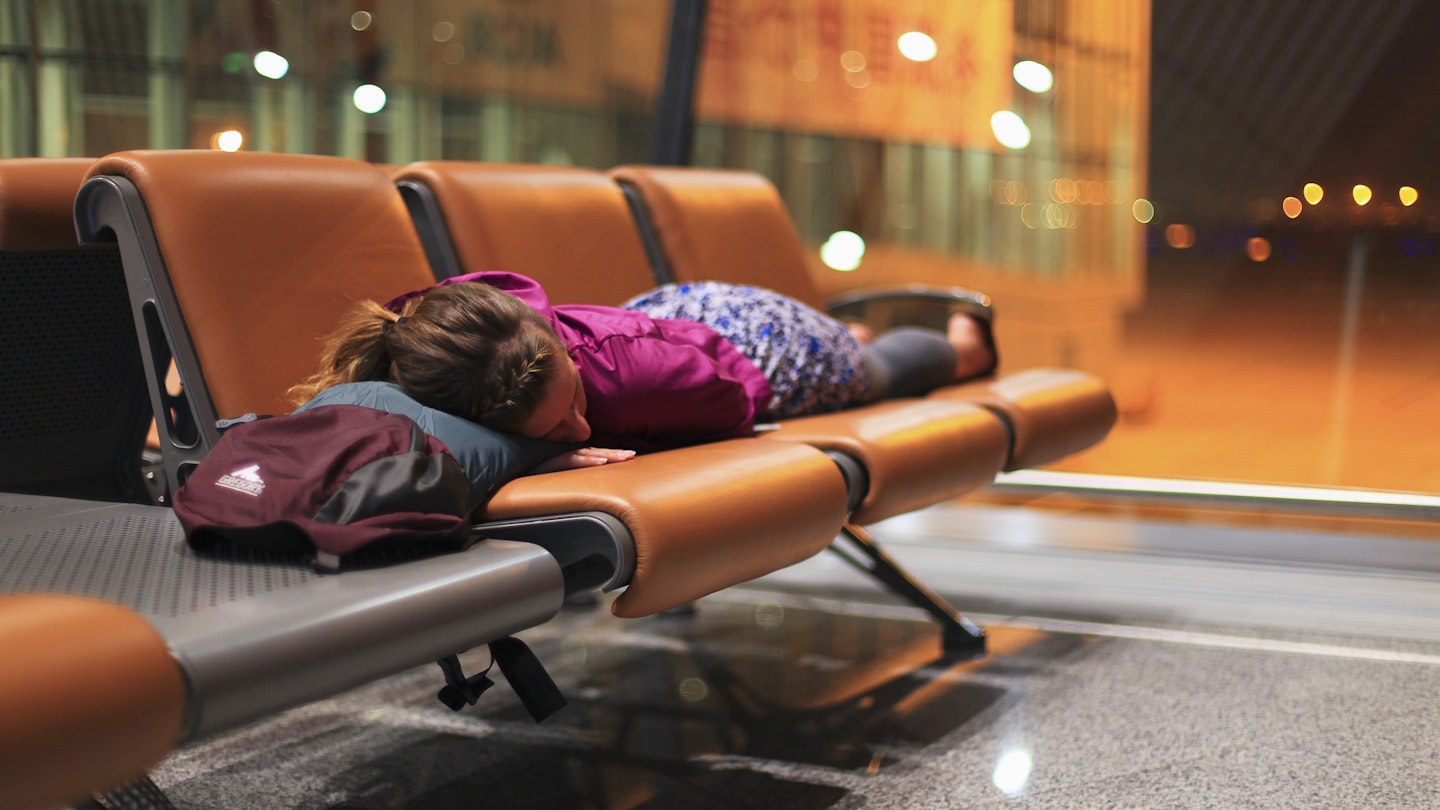How to Protect Your Holiday from Airline Failures
With Thomas Cook going out of business, impacting hundreds of thousands of travellers across the world, and cancelling the holidays of many more, how can you make sure you and your holiday aren’t next?

What’s certain is that, even after WOW Air, Monarch, Airberlin and others, Thomas Cook won’t be the last airline or travel provider to go bust, and may not even be the last one this year. With worries about a global recession, a lack of airplanes for next summer’s schedule with the ongoing grounding of the Boeing 737 MAX, and the perennial instability of the airline industry, it’s reasonable to be concerned.
Believe me, I get it: it’s complicated and hard to navigate. Therefore, I recommend a few simple precautions to take. This advice is especially relevant for UK travellers, focusing on the ATOL (Air Travel Organiser’s Licence) package holiday protection scheme, although EU travellers might find similar coverage.
Conduct Thorough Research on Airlines
Start by searching online for phrases like “is [insert the airline’s name here] going bust?” It’s crucial to use reputable sources; steer clear of sites where anyone can post, such as tabloid Q&A pages. Instead, rely on trusted news outlets, frequent flyer blogs, or insider industry websites.
While this tactic isn’t foolproof—Alitalia has been rumored to go bust for years, and almost every major US airline has declared bankruptcy at some point—it’s especially vital for budget airlines or unfamiliar travel firms. Remember, if a deal seems too good to be true, it probably is. Airlines will typically reassure passengers until the last moment, even if they’re in serious trouble.
Purchase Tickets with a Credit Card
Regardless of your concerns about an airline or travel agency, using a credit card to book your tickets generally provides additional protections compared to debit cards or cash. If the airline fails, you just contact your credit card issuer, and you should be refunded.
Debit cards offer a Chargeback option, but it’s not as comprehensive. I prefer credit cards for online purchases due to this added layer of security, as it protects you from potential fraud. Understandably, not everyone can access credit cards, so always ensure you’re managing your finances responsibly.
Opt for Package Holidays with ATOL Protection
If credit card usage isn’t an option, consider booking a package holiday through a UK-based agent that secures ATOL protection. This arrangement requires booking flights and additional services simultaneously; for instance, booking a flight alongside car rental qualifies you for ATOL protection. However, accommodation doesn’t need to be included.
Today, accommodation can often cost as much or more than the flights, so if you can’t find a suitable package deal, it’s wise to book directly with an airline or hotel instead of through a travel agent. This practice minimizes complications, as many airlines won’t assist with tickets booked through third parties.
Avoid Buying Gift Cards or Vouchers
Never purchase gift cards or vouchers from airlines or travel agents. This effectively gives them an unsecured loan, and if they suffer financial difficulties, your investment is lost. Such caution applies broadly; only acquire gift cards or vouchers that you intend to use immediately.
Thoroughly Review Your Travel Insurance
Always secure travel insurance. As an aviation journalist, I maintain annual multi-trip worldwide coverage, costing just under €150 per year. This investment provides peace of mind.
However, it’s crucial to read the policy thoroughly, including the fine print. Some policies include covers for “the financial failure of the transport provider,” which is applicable in cases like the recent airline collapses. Yet, be wary of clauses that exclude coverage for events known prior to your departure.
Additionally, keep a copy of your insurance on hand, know how to contact the insurers, and ensure that you have ways to reach them, especially if issues arise while travelling. Keep all receipts in the event of financial loss, but be mindful of what you expect to be reimbursed for. Many insurance policies include “reasonable expenses” guidelines, so ensure your expenditures align with your policy’s stipulations.
Aviation journalist John Walton regularly writes about travel and welcomes engaging discussions on Twitter or Instagram (he’s @thatjohn).




